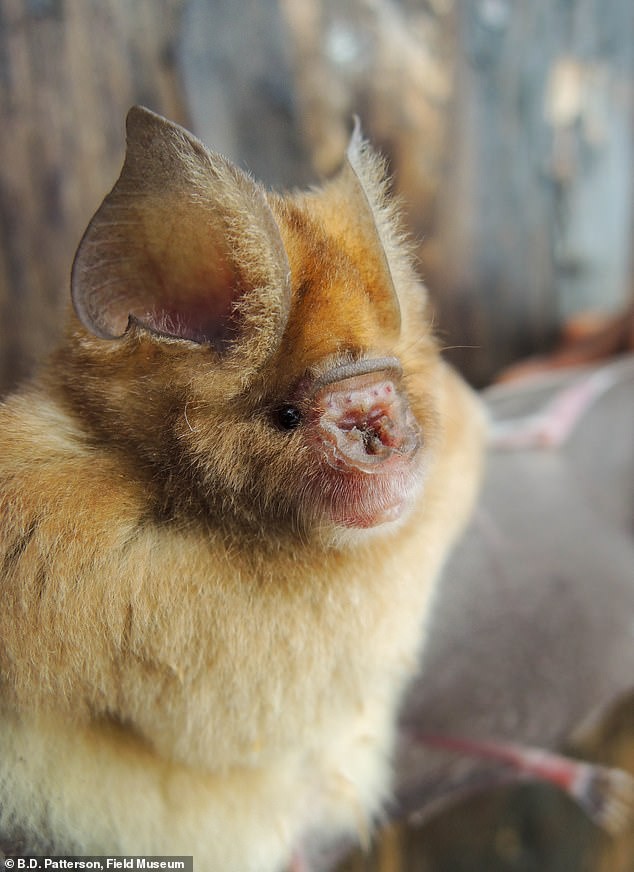
Four bats related to the horseshoe bat, widely believed as the source of SARS-CoV-2 virus, were discovered by researchers in Africa.
The bats are called leaf-nosed bats. They have flaps of skin on their face, hence the name, which helps them catch insects, acting as "radar dishes" for echolocation.
Leaf-nosed bats belong to the family Hipposideridae, found mostly in Asia and Australasia. The Daily Mail said, "Discovery of the bats is so recent they are yet to be given specific names and are only being referred to by the generic term 'leaf-nosed', which is the umbrella term for the family of animals they belong to.
SARS-CoV-2 or Severe Acute Respiratory Syndrome Coronavirus 2 is the virus that caused the Coronavirus Disease 2019, which has over 2.6M cases and caused 183,000 deaths worldwide.
Important scientific discovery
Bats carry coronaviruses but are immune to it. They can spread them to humans and animals, which happened in Wuhan when it allegedly jumped to a dog or pangolin, then to humans.
Fortunately, the bats do not "carry any diseases problematic to human health," according to the Daily Mail. Researchers said studying the newfound species can help humans prepare against outbreaks in the future.
The bats were hiding in plain sight, according to the study Evolutionary relationships and population genetics of the Afrotropical leaf-nosed bats, published in the pandemic issue of the journal Zookeys.
They are similar and distinct from pre-existing and identified bat species. According to the researchers, the discovery "is a good indicator of their close relationship to other bat species."
The Chicago Field Museum Researchers teamed up with Maasai Mara University in Kenya and the National Museums of Kenya for the study.
Scientists like Dr. Bruce Patterson, the lead author of the study and mammal curator at the Field Museum in Chicago, believe the new discovery is key to knowing more about COVID-19.
"It originated in a horseshoe bat in China. There are 25 or 30 species of horseshoe bats in China, and no one can determine which one was involved. We owe it to ourselves to learn more about them and their relatives," Dr. Patterson said.
According to the online database Animal Diversity Web (ADW), "some species [of Hipposideridae] roost in colonies of hundreds or even thousands of individuals." Huddling together spreads the virus among the colony, and wherever they may go because they can fly.
Harmless unless provoked
Dr. Patterson said, "All organisms have viruses. The roses in your garden have viruses." Together with the researchers, he urges everyone not to condemn bats or think of them as infected or dirty.
They carry coronaviruses, but it's not the strain that's affecting the world today. He says it is "not the last time a virus will be transmitted from a wild mammal to humans."
Last April 10, Livescience reported, "scientists have discovered six entirely new coronaviruses lurking in bats in Myanmar" - from the same family as SARS-CoV-2. Bats carry thousands of undiscovered coronaviruses.
Bats are reclusive, actively avoid interacting with humans. They will only infect humans when they are sought out. "It's very, very unlikely that they'll infect you," Dr. Patterson said.
© 2026 ScienceTimes.com All rights reserved. Do not reproduce without permission. The window to the world of Science Times.












